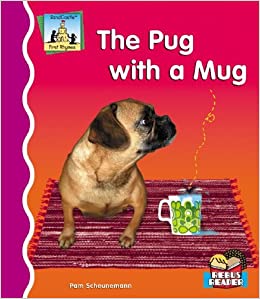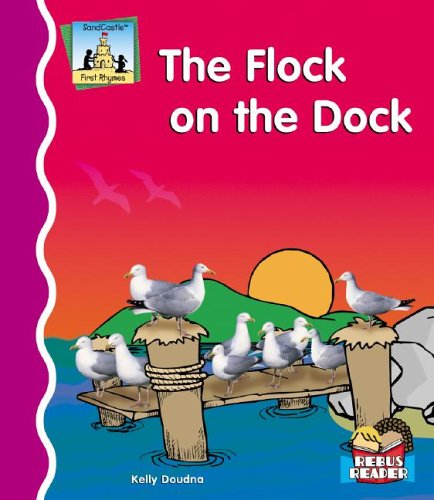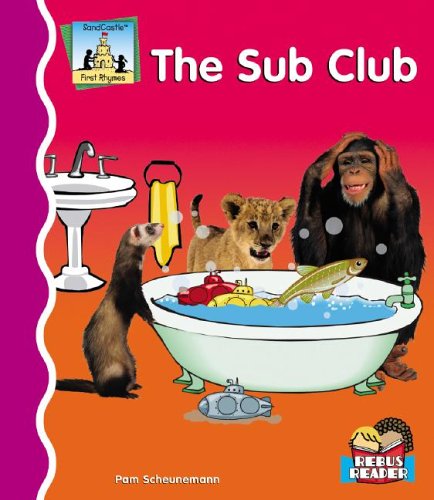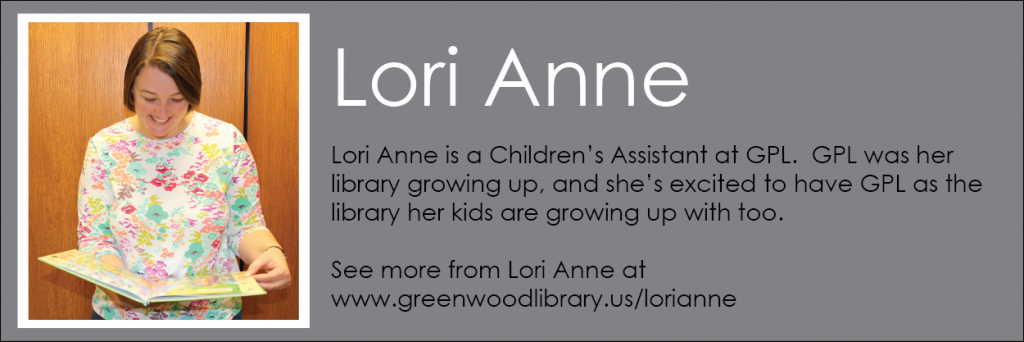It’s Rhyming Time, It’s Rhyming Time, Oh Yeah!
Rhyming Words (Echo)
Sound the Same(Echo)
At the End (Echo)
If you have heard Miss Anne’s storytime, you’ve heard this song. Our preschoolers sing this song with such enthusiasm. To them, this song is part of their normal storytime routine, but it is more than just a cute song. As the song progresses, Miss Anne calls out two rhyming words for them to practice. Then they repeat the song with different rhyming words. This is part of the Heggerty Phonemic Awareness curriculum, along with practicing onset fluency and final sounds. According to Heggerty, “Phonemic awareness refers to the ability to focus on and manipulate phonemes in spoken words.” Phonemes are the smallest unit of sound in speech.
One of the joys of my job is creating preschool learning stations that complement Miss Anne’s storytime. There is a rhyming station almost every week. Many of the activities come from two fabulous online sources, The Measured Mom and This Reading Mama. Some of their activities can be purchased, but many are free.
Here are six reasons why rhyming is important. The Measured Mom has an article on her blog with these reasons, but I also found them on several other websites including here.
- Rhyming teaches children how language works. It helps them notice and work with the sounds within words.
- Rhymes help children experience the rhythm of language. As they recite nursery rhymes they learn to speak with animated voices. Someday they’ll read with expression, too.
- When children are familiar with a nursery rhyme or rhyming book, they learn to anticipate the rhyming word. This prepares them to make predictions when they read, another important reading skill.
- Rhyming is important for writing, too. It can help children understand that words that share common sounds often share common letters. For example, the rhyming words cat and bat both end with –at.
- When listening to rhyming songs and poems, children create a mental picture, expanding the imagination.
- Because rhyming is fun, it adds joy to the sometimes daunting task of learning to read.
One of the early detection signs of dyslexia is not being able to rhyme. I can relate to this personally. My son has difficulty rhyming, although he has not been officially diagnosed with dyslexia.
Rhyming Books from our Beginning Reader Collection
Flip a Word Books by Harriet Ziefert
This is my favorite. Some of the pages have a cut out, showing that the ending sound is the same.
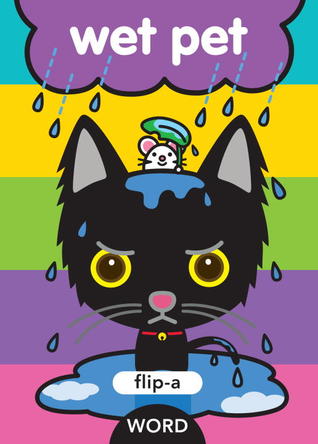
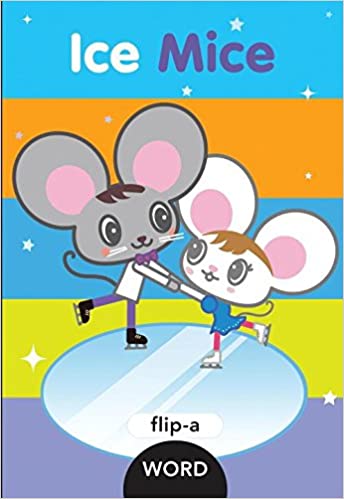
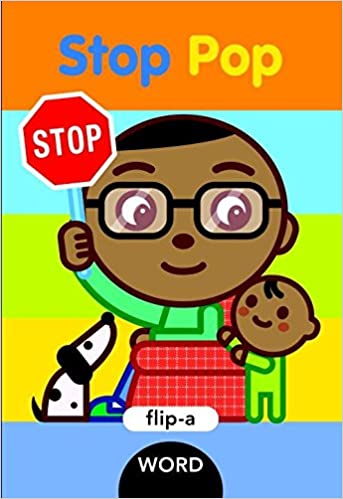
Rhyming Word Families by Mary Alinas

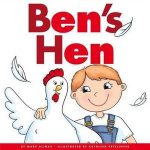
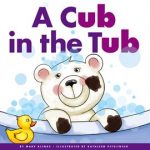
Amicus Readers, Word Families by Marie Powell
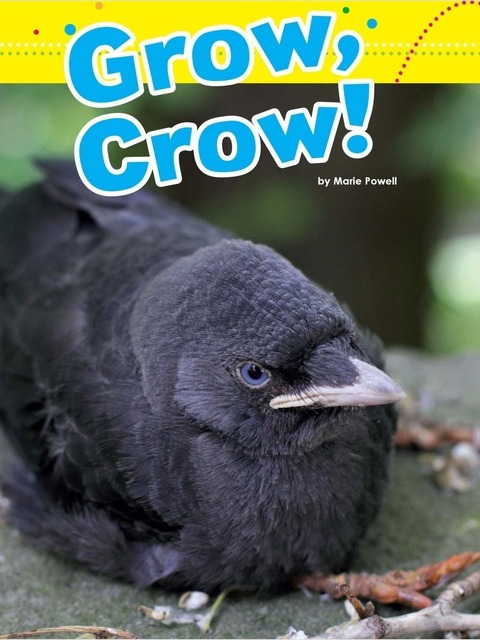
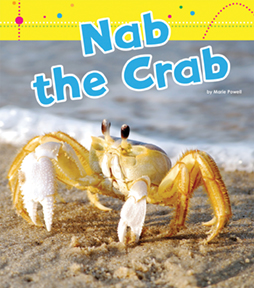
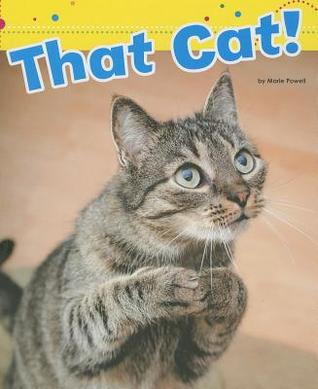
Read and Rhyme by Pearl Markovics
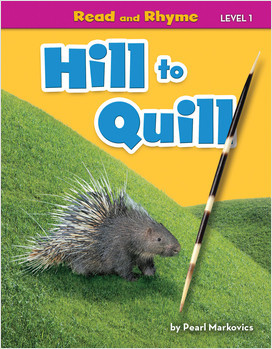
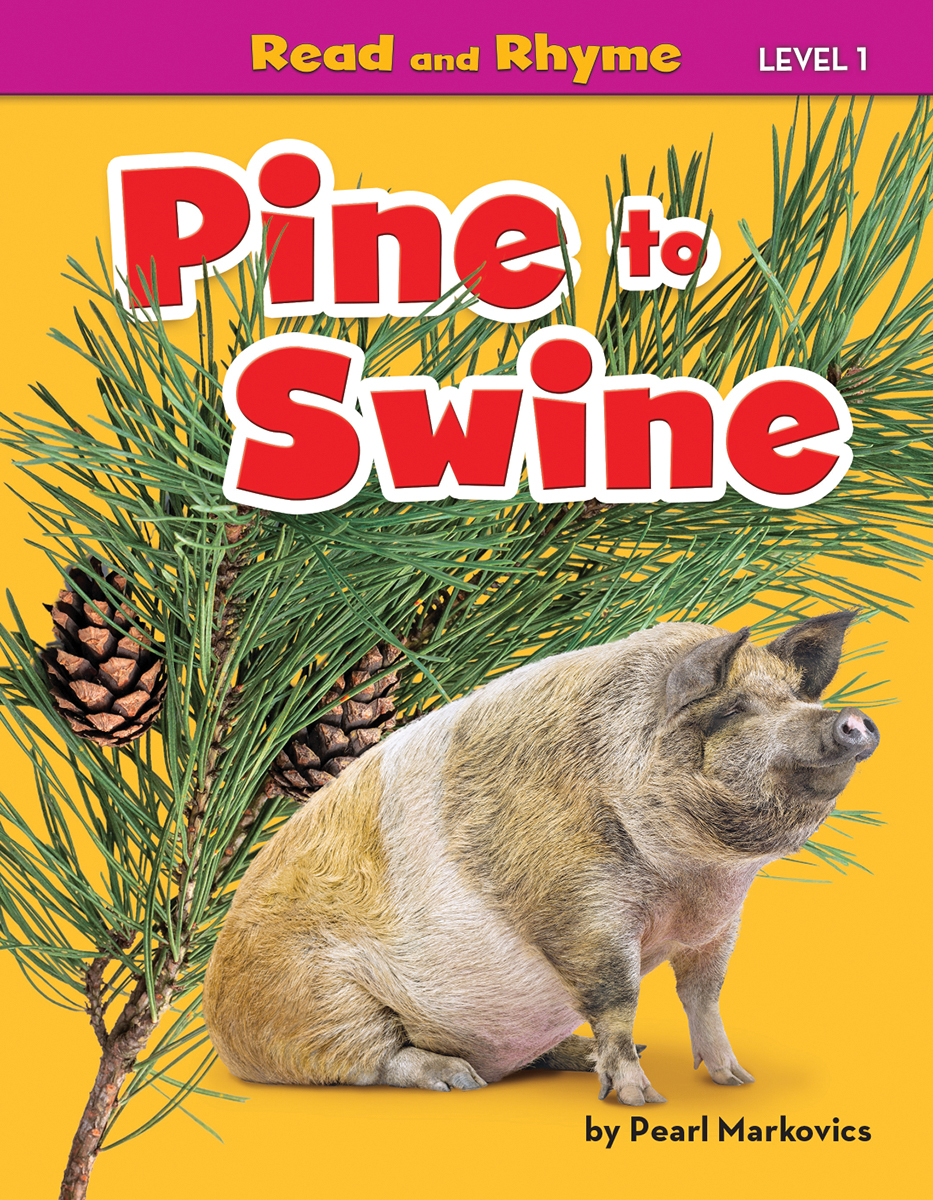
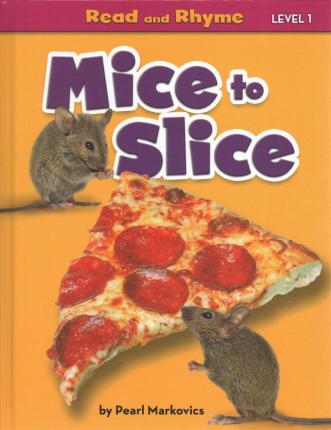
First Rhymes by various authors (including Kelly Doudna, Anders Hanson, Mary Elizabeth Salzmann, and Pam Scheunemann)
